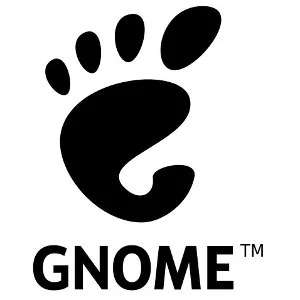Retro-GTK Has An Exciting Future Ahead With Many Improvements For Libretro Gaming

Adrien Plazas has a lot of exciting plans ahead for retro-gtk and better supporting libretro for a better gaming experience from the GNOME desktop. Some of his upcoming work items include:
- Further stabilization to the API/ABI and an attempt not to break either interface as much following their v0.14 milestone.
- Clarification why retro-gtk isn't using the Rust programming language but rather C. This is mostly due to Rust's support for GObject being less than ideal right now. Later on some retro-gtk components may be ported to Rust and shouldn't be as much of a pain as it was going from Vala to C.
- Interest in supporting hardware rendering with OpenGL shaders rather than the current code that is leveraging Cairo with software acceleration. This hardware rendering / OpenGL support will be started soon.
- Retro-gtk should soon also begin working with Nintendo 64 emulators and other libretro cores requiring the hardware render callback.
- Improved gamepad handling.
- Running libretro cores in their own sub-process.
- Avoiding static memory collisions.
- Improved stability.
- Other possible performance improvements.
- Better testing.
Many of these changes are likely to come for retro-gtk 0.14 while some of the other tasks are further out on the roadmap. All the details in this blog post.
2 Comments

